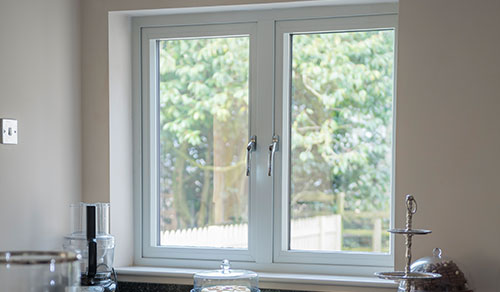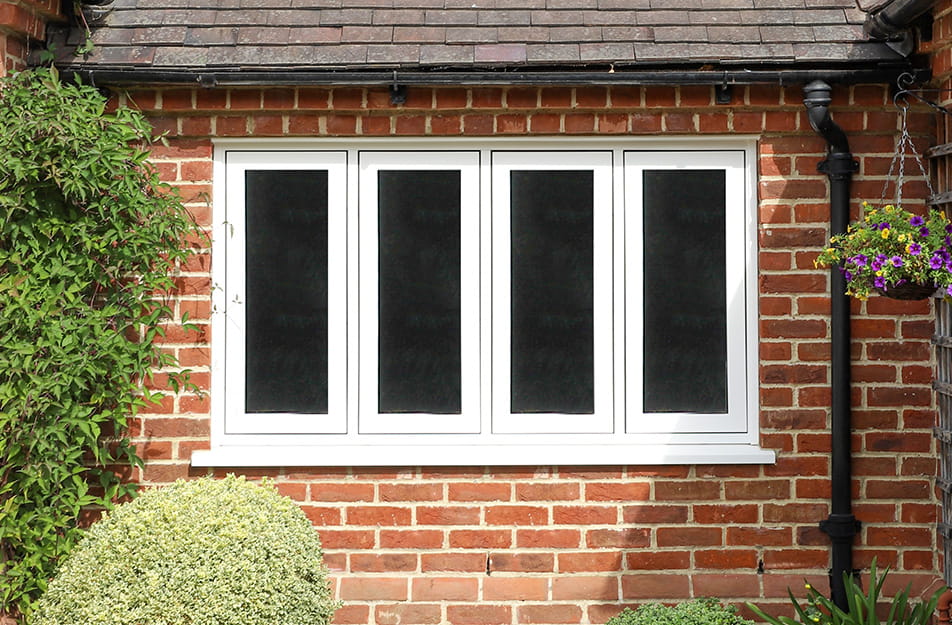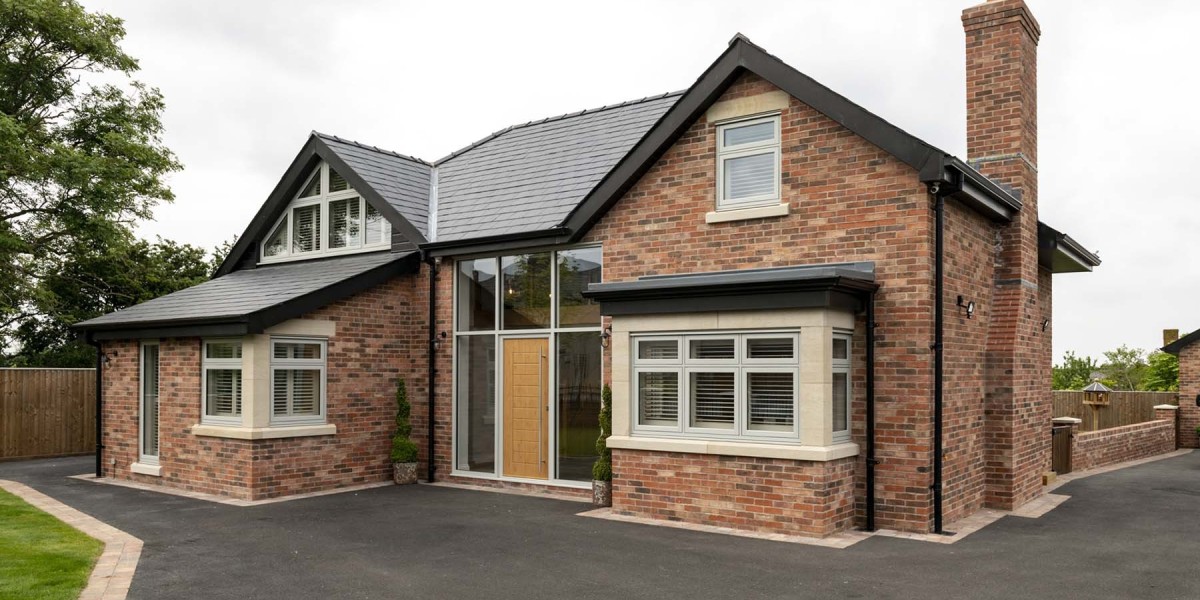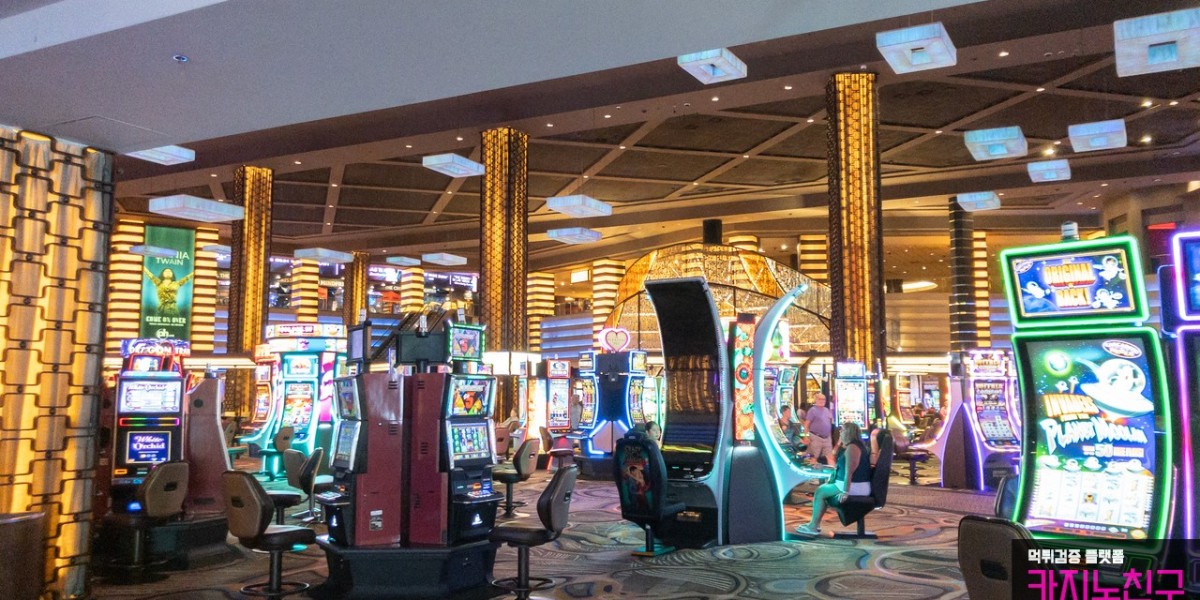Introduction
In contemporary architectural design, glass partitions have emerged as a popular choice for both commercial and residential spaces. These innovative structures not only enhance the aesthetic appeal of interiors but also provide functional benefits such as improved natural light flow and the illusion of spaciousness. This report delves into the various aspects of glass partitions, including their types, advantages, applications, and installation considerations.

Types of Glass Partitions
Glass partitions come in various forms, each tailored to meet specific needs and preferences. The primary types include:
- Frameless Glass Partitions: These partitions consist of large panels of tempered glass held together by minimal hardware, creating a sleek and modern look. Frameless designs are ideal for open spaces, as they maximize visibility and light transmission.
- Framed Glass Partitions: Unlike frameless partitions, these feature a metal or wooden frame that supports the glass panels. This type offers more structural support and can accommodate heavier glass, making it suitable for taller installations.
- Sliding Glass Partitions: These partitions are designed to slide open and closed, providing flexibility in space usage. They are particularly useful in areas that require occasional privacy, such as conference rooms or private offices.
- Operable Glass Walls: Similar to sliding partitions, operable glass walls can be opened or closed to create flexible spaces. They are often used in large venues or event spaces where adaptability is essential.
- Soundproof Glass Partitions: These are designed with specialized materials to reduce noise transmission, making them ideal for offices or studios where acoustic privacy is crucial.
Advantages of Glass Partitions
The adoption of glass partitions offers numerous advantages, including:
- Aesthetic Appeal: Glass partitions provide a contemporary and elegant look, contributing to the overall design of a space. They can be customized with various finishes, textures, and colors to match the interior decor.
- Natural Light: One of the most significant benefits of glass partitions is their ability to allow natural light to permeate through spaces. This not only enhances visibility but also creates a more inviting and vibrant environment.
- Space Optimization: Glass partitions help in visually expanding smaller spaces. By eliminating the need for solid walls, they create an illusion of openness and continuity.
- Flexibility: Many glass partition systems are modular, allowing for easy reconfiguration as needs change. This adaptability is particularly beneficial in dynamic environments such as offices.
- Durability: Modern glass partitions are made from tempered or laminated glass, which is resistant to impact and shattering. This durability ensures a long lifespan with minimal maintenance.
- Environmental Benefits: Glass is a recyclable material, and the use of glass partitions can contribute to sustainable building practices. Additionally, the increased natural light can reduce the need for artificial lighting, leading to energy savings.
Applications of Glass Partitions
Glass partitions are versatile and can be employed in various settings, including:
- Corporate Offices: In office environments, glass partitions are commonly used to create meeting rooms, private offices, and collaborative spaces. They facilitate communication while maintaining a level of privacy.
- Retail Spaces: Retailers often use glass partitions to create distinct areas within a store, such as changing rooms or product displays, without obstructing the view of the overall layout.
- Hospitality Industry: Hotels and restaurants utilize glass partitions to create elegant dining areas or lounge spaces, enhancing the guest experience while maintaining an open atmosphere.
- Healthcare Facilities: In medical settings, glass partitions can be used to create private consultation areas or patient rooms, ensuring privacy while still allowing for visibility and monitoring.
- Educational Institutions: Schools and universities can benefit from glass partitions Doors By Ideal Glass creating flexible learning environments that encourage collaboration among students.
Installation Considerations
While glass partitions offer numerous benefits, there are several factors to consider during the installation process:
- Building Codes and Regulations: It is essential to ensure that the installation complies with local building codes and safety regulations. This includes fire safety standards and accessibility requirements.
- Structural Support: Depending on the type of glass partition, adequate structural support must be provided. This may involve reinforcing existing walls or installing additional framing.
- Glass Type: Selecting the appropriate type of glass is crucial. Factors such as thickness, tinting, and whether the glass is tempered or laminated will impact both safety and aesthetics.
- Hardware and Accessories: The choice of hardware, such as hinges, handles, and tracks, should complement the overall design while ensuring functionality. High-quality materials are recommended to enhance durability.
- Professional Installation: Due to the complexity of glass partition installations, hiring experienced professionals is advisable. Proper installation is critical to ensure safety and performance.
Maintenance of Glass Partitions
Maintaining glass partitions is relatively straightforward, but regular upkeep is essential to preserve their appearance and functionality:
- Cleaning: Glass surfaces should be cleaned regularly to remove dust, fingerprints, and smudges. Using appropriate glass cleaners and microfiber cloths will prevent scratches and streaks.
- Inspecting Hardware: Periodic checks on the hardware, including hinges and tracks, should be conducted to ensure they are functioning correctly. Any signs of wear or damage should be addressed promptly.
- Addressing Damage: In the event of cracks or chips in the glass, it is crucial to address these issues immediately to prevent further damage or safety hazards. Professional repair or replacement may be necessary.
Conclusion
Glass partitions are a versatile and stylish solution for modern architectural design, offering numerous benefits ranging from aesthetic appeal to functionality. Their ability to enhance natural light, optimize space, and provide flexibility makes them an ideal choice for a variety of applications, including corporate offices, retail spaces, and healthcare facilities. However, careful consideration of installation and maintenance is essential to ensure safety and longevity. As trends in design continue to evolve, glass partitions will undoubtedly remain a prominent feature in contemporary interiors.









